Published - Sat, 01 Oct 2022
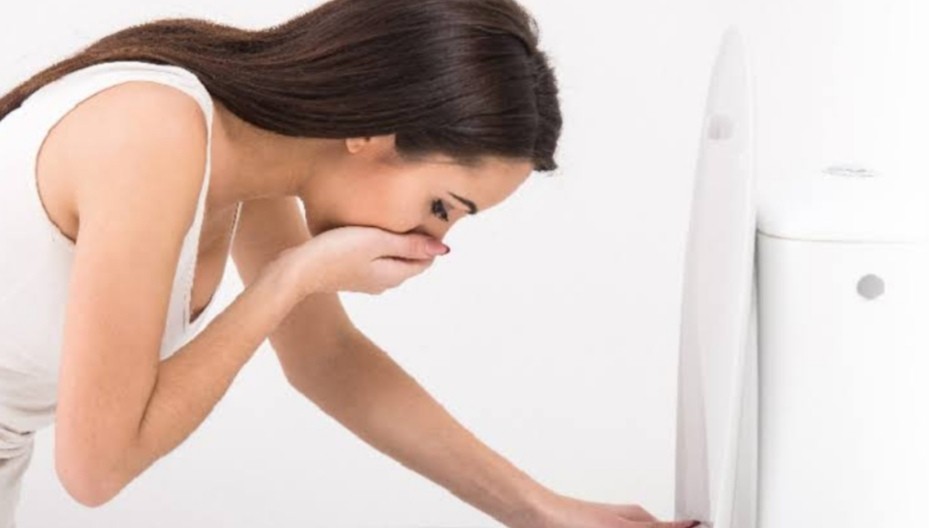
Anorexia Nervosa and Bulimia Nervosa
Both eating disorders share similar symptoms but have characteristically different food-eating behaviors. Approximately 80% to 85% of patients are women younger than 25 years of age. Others are men or older women.
1. Anorexia nervosa: Syndrome of self-starvation.
2. Bulimia nervosa: Characterized by frequent episodes of binge eating. The patient usually consumes large amounts of food during a defined period (e.g., less than 2 hours) and then uses compensatory measures (e.g., laxatives, diuretics, induced vomiting) to prevent weight gain.
CLINICAL FEATURES
1. Anorexia nervosa: The patient usually weighs less than 85% of the expected weight (e.g., body mass index < 19).
— The patient may present with life-threatening malnutrition, hypotension, or bradycardia.
— Endocrine abnormalities are present, usually amenorrhea.
2. Bulimia nervosa: These patients are often of normal weight or are overweight.
— Serious complications of repeated vomiting (e.g., esophageal rupture, Mallory-Weiss tears, dental decay) may be the presenting complaint.
— Electrolyte imbalances (e.g., hypokalemia) are fairly common secondary to repeated vomiting or laxative or diuretic abuse.
DIFFERENTIAL DIAGNOSES
1. Medical causes of excessive weight loss (e.g., diabetes, Crohn's disease, cancer, thyroid disorders, lupus) must be excluded.
2. Anxiety, schizophrenia, body dysmorphic disorder, and depression can all lead to significant weight changes. Criteria for depressive disorder are found in nearly 50% of patients.
EVALUATION
1. History and physical examination form the basis for the diagnosis of these disorders
— There is often a family history of eating disorders or job pressures to be thin (e.g., professional dancers, and gymnasts).
— The patient is often evasive about purging or the use of laxatives or diuretics. Friends or family members are more likely to mention these behaviors.
2. Laboratory studies: Appropriate studies include a serum electrolyte panel and glucose level as well as renal and thyroid function tests.
3. Electrocardiography: An electrocardiogram is warranted especially in a symptomatic patient.
THERAPY
Intensive psychiatric therapy and frequent monitoring of weight are the cornerstones of treatment for patients with these disorders. Antidepressants are effective in certain patient populations.
DISPOSITION
1. Discharge: Most patients will require outpatient treatment.
2. Admission to the hospital is indicated for any patient with substantial electrolyte imbalances or signs of cardiac abnormalities.
Created by
Rigomo Team
Rigomo is a leading online education platform that offers a wide range of courses to help individuals enhance their skills and achieve their career goals. With our user-friendly interface and expert instructors, we strive to provide high-quality education to everyone, anytime and anywhere. Join us today and take the first step towards a brighter future.
Rigomo is an e-learning platform that was founded in 2019 by a team of dedicated professionals with a passion for revolutionizing the way people learn. The platform offers a range of online courses that cover various industries, including business, technology, healthcare, and more.
Rigomo's courses are designed to be interactive and engaging, with a focus on practical skills that learners can apply in their careers. The platform uses a combination of video lectures, quizzes, and hands-on projects to help learners master the subject matter.
Rigomo is committed to providing affordable and accessible education to people around the world. The platform offers a range of pricing options, including monthly and annual subscriptions, as well as pay-as-you-go options for individual courses.
Since its launch, Rigomo has received numerous accolades for its innovative approach to e-learning. The platform has helped thousands of learners across the globe acquire new skills and advance their careers.
As Rigomo continues to grow, the team remains committed to providing high-quality education that is accessible to all. The platform is constantly updating its courses and features to ensure that learners have access to the latest tools and technologies.
Comments (0)
Search
Popular categories
Health and Wellness
231Skill Development
7Technology
5Community Impact
2Success story
2Creativity
1Latest blogs
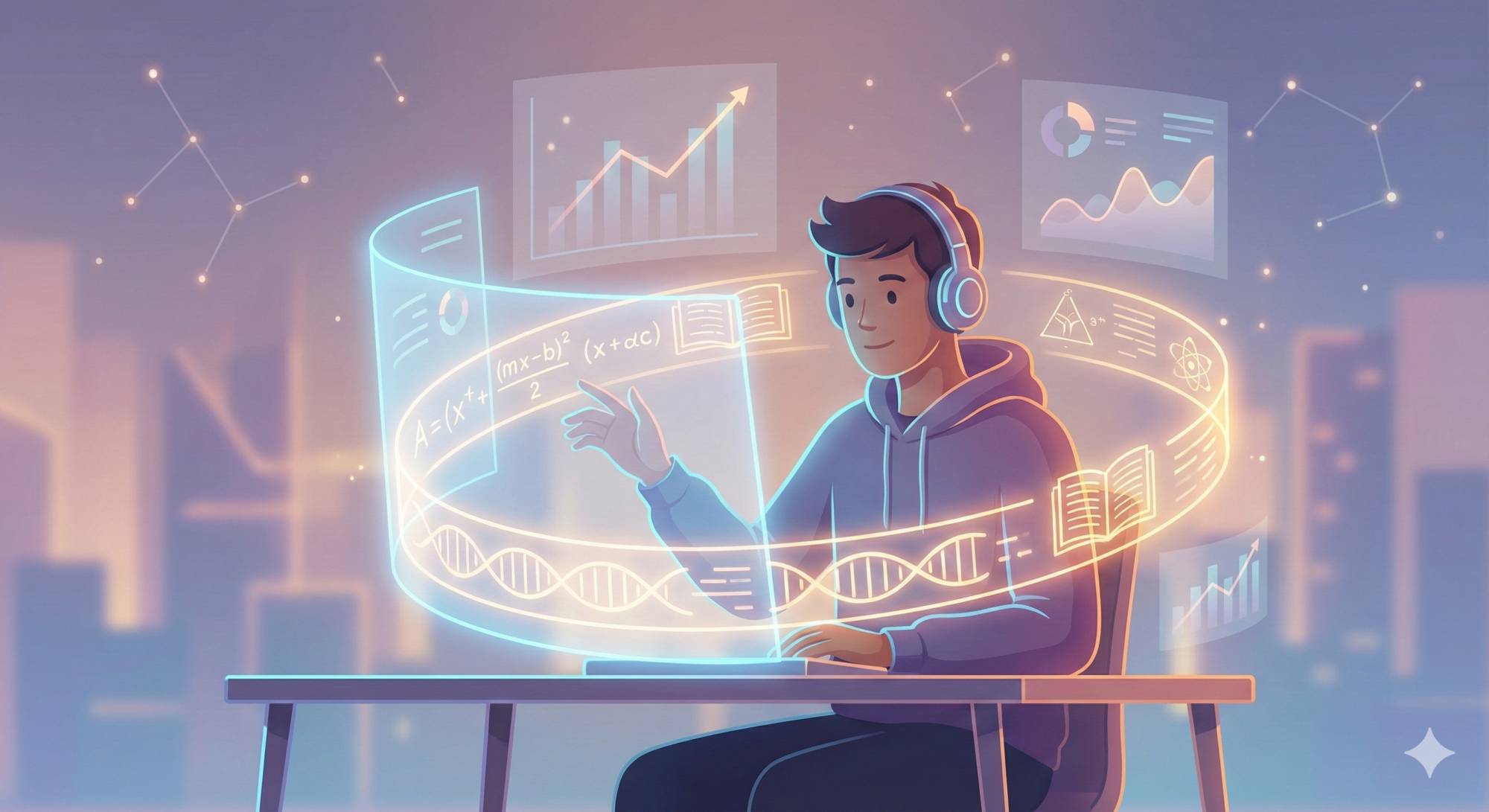
DeepSchool: The Story of an Idea That Refused to Sit Still
Tue, 02 Dec 2025
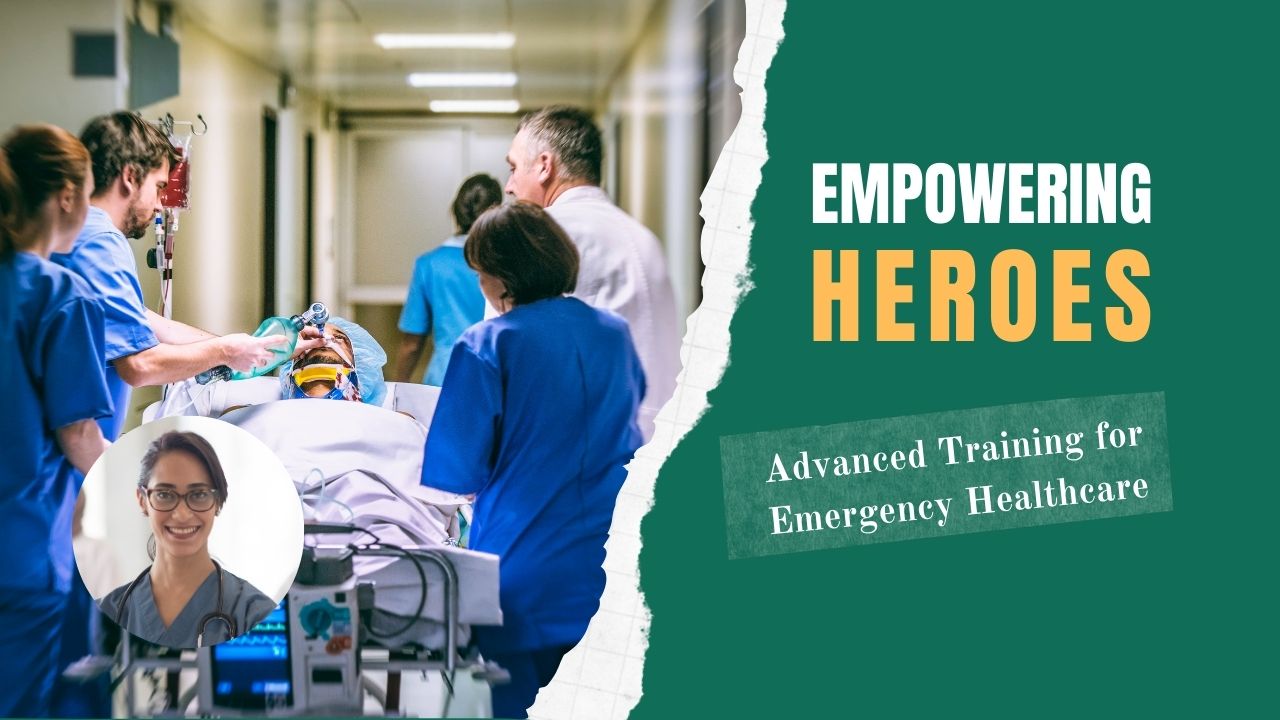
Transforming Emergency Care: The Story Behind Rigomo's Revolutionary PPMMP Course
Sun, 12 May 2024
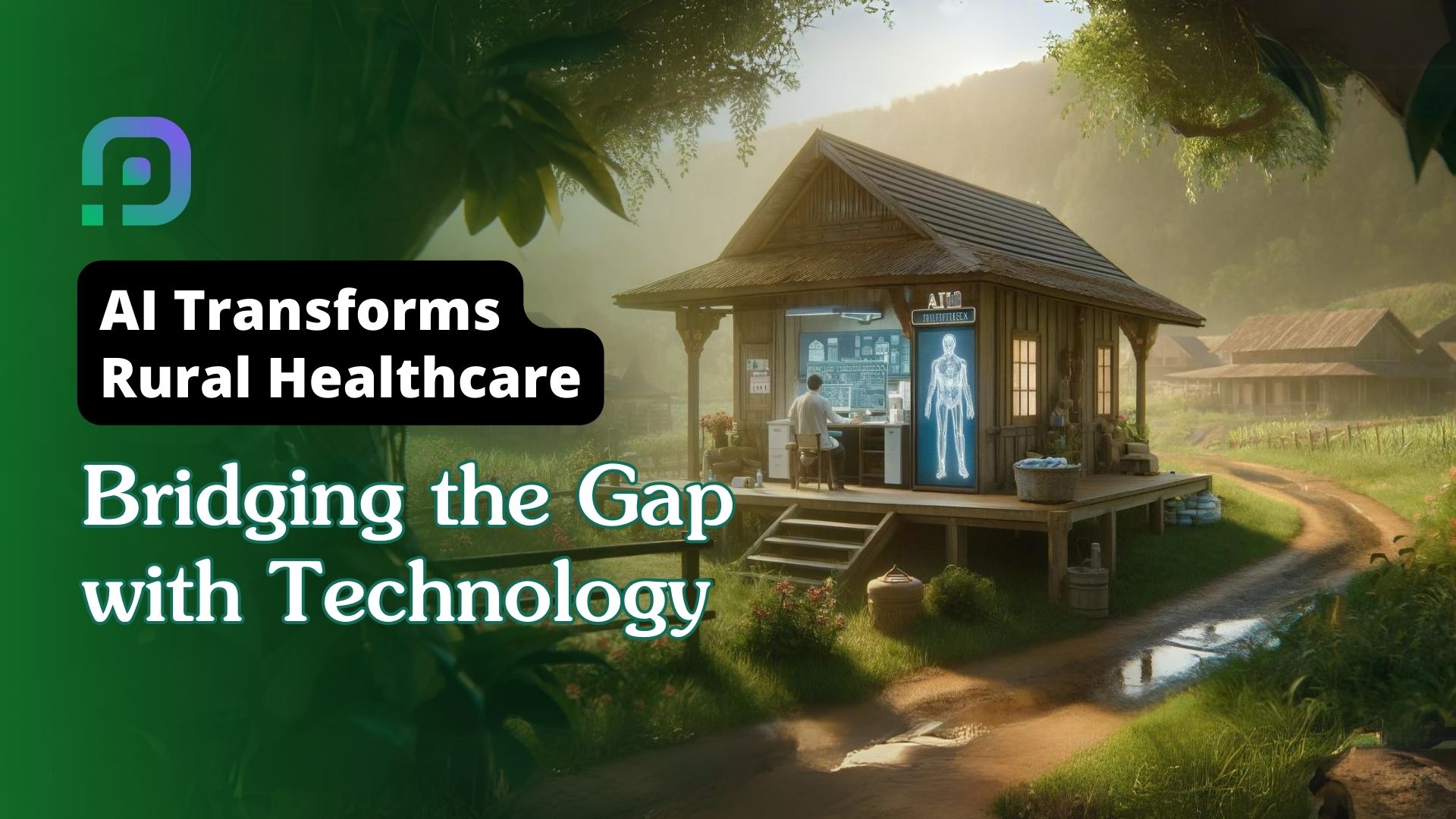
Empowering Rural Healthcare: How Pogiko's AI is Bridging the Gap in Medical Services
Thu, 25 Apr 2024
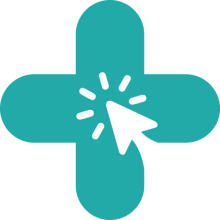
Write a public review